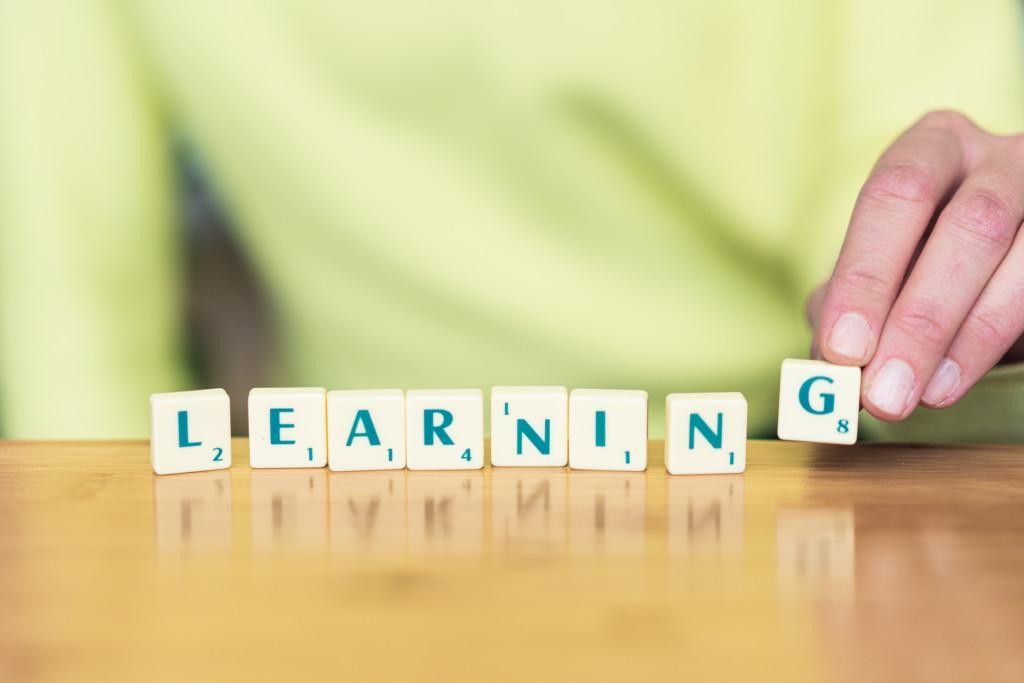Communities of practice are great platforms for learning and professional growth. Generally they are built on a certain goal or a projecet and all the community members take responsibility for its progress. There are members from different skill and experience levels, which enables peer-learning. However, traditional communities of practice can be rigid and entrenched in old ways, which may slow down the emergence of new knowledge. Instead, we suggest learning communities in which the main goal is communal and individual learning.
Hakkarainen, Paavola and Lipponen present in their article, Käytäntöyhteisöistä innovatiivisiin yhteisöihin (2003) a more agile, innovative community the formation of which differs from traditional communities of practice in that it is formed as needed to solve some new challenge. In such community, it is essential that members are able to learn continuously and thus, the community supports its members actively in learning. In order for communities to excecute their meaning of existence and bring value to their members, it is important to invest in community management.
Learning communities create value for business
When we discuss learning communities, both the aforementioned ways of networking have their role. More important than examining the differences between communities is to understand that work is taking place and knowledge is increasingly being created in communities and ecosystems. (Sitra, 2022)
Work that crosses organisational boundaries enables competence development and innovations. Especially in knowledge based organisations it is common that some employees work very independently in project work. A way of working in which both entrepreneurship and being employed are combined is also becoming more common. (Järvensivu, 2022) Additionally, teams are created across organisational borders to work on a certain project or challenge. When the goal is high the most important thing is to find the best brains for each challenge.
At their best, such ad hoc teams are networks for continuous learning in which it is beneficial for organisations to send their members to gain and create the newest knowledge.
It is essential to get the employee to repatriate the tacit knowledge they have learned to their own team and organisation via reflection, producing models and other inputs to take into practice. Systems that promote organisation’s strategic learning enable knowledge sharing across organisational boundaries. In turn, learning facilitation ensures that learnings are being shared within the organisation.

Learning networks as enablers for sustainable future
When it comes to organisations’ preparation for unexpected as well as predicted changes, employees’ resilience and ability to learn as well as the strenght and versatility of learning networks are superpowers, which will lead to a sustainable future.
On a planetary level, cross-organisational learning networks are a solution and necessity for the survival of humanity and ecosystems. In order to solve vicious problems such as climate change, mass extinction and unexpected crises, a multi-disciplinary expertise is needed not forgetting the experience and traditional knowledge of indigenous peoples.
Mukamas’s own learning community is growing again in August 2022 with a new batch of Oppimismuotoilu bootcamp participants. The group is being gathered right now and it is filling up fast. Sign up and join our Learning Designers network!
Sources:
Hakkarainen, Kai & Paavola, Sami & Lipponen, Lasse 2003. Käytäntöyhteisöistä innovatiivisiin tietoyhteisöihin. Aikuiskasvatus, 23(1), 4–13. Ref. 2.5.2022 https://doi.org/10.33336/aik.93451
https://journal.fi/aikuiskasvatus/article/view/93451/52129
Järvensivu, Anu 2022. ”Se on tapa tavallaan elää” – Tulevaisuuden työn tekijät yrittäjyyden ja palkkatyön kategorisoinnin kyseenalaistajina. Työelämän tutkimus Arbetslivsforskning Vol 20 (1) (2022), 4-29. Ref. 2.5.2022 https://journal.fi/tyoelamantutkimus/article/view/99099/68130
SITRA 2022. Tulevaisuuden osaaminen syntyy ekosysteemeissä – Uuden osaamisjärjestelmän kuvaus. Sitran selvtyksiä 204. https://www.sitra.fi/app/uploads/2022/03/sitra-tulevaisuuden-osaaminen-syntyy-ekosysteemeissa.pdf

